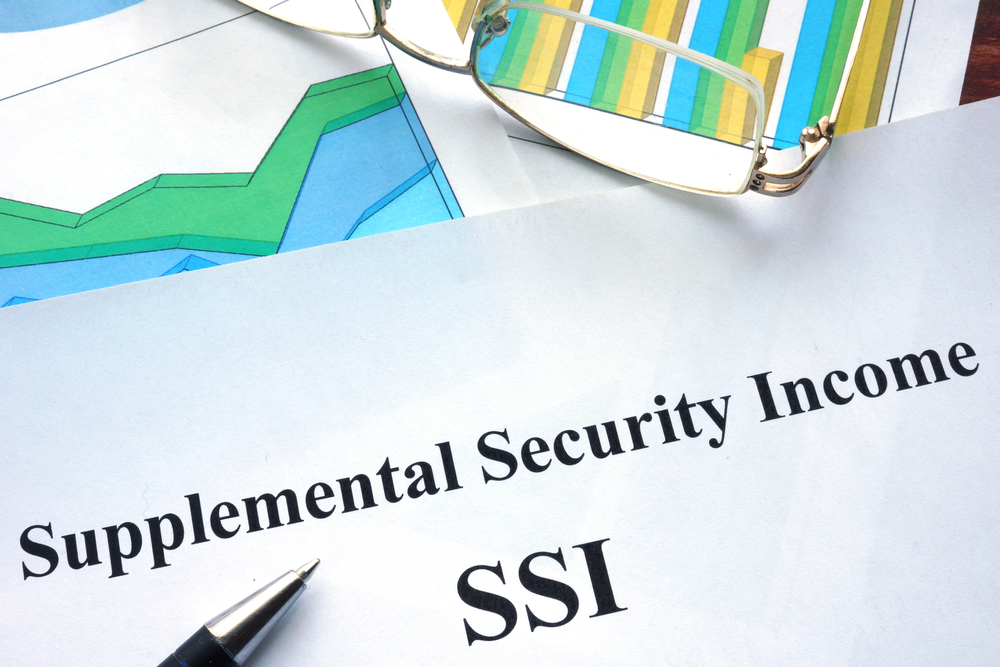The process of applying for SSI can feel very daunting. Forms can be intimidating and many families are unsure of where to begin. We all have heard urban myths about how no one gets approved the first time, which makes the process of getting started even more challenging. At BDI, our Benefits Team has helped hundreds of families with benefits acquisition, including filing for SSI. Our success rates are more than double the national average and more than triple the average on reconsideration.
We consulted BDI’s Director of Program Services, Anna Maki, to create a list of Do’s and Don’ts for families looking to apply or reapply for SSI. Our hope is that this list helps you on your journey. For more information about BDI’s Benefits Consulting services, please email Anna Maki at anna.maki@bobbydodd.org.

DO check if the disability is a Compassionate Allowance. These are conditions Social Security has predetermined as medically eligible, which means the individual does not have to prove severity and impact of the condition – just providing proof of the condition is enough. For example, if an individual has Down Syndrome, the case will be processed in less than a month when the family provides documentation of the diagnosis, such as a genetics lab report or a psychological evaluation.
DO use ABLE accounts as “safe harbors” for resources. Individuals with more than $2,000 in resources/assets will not pass the means-testing requirement for SSI. By using an ABLE account instead of a savings account, an individual can save up to $15,000 each year without violating the regulations restricting resources to $2,000 or less.
DO gather as much documentation as possible to prove your condition meets the criteria listing in the Social Security Blue Book. To know what you need to provide, do a simple internet search on Social Security Bluebook and include your diagnosis. You will find all the criteria that needs to be met in order to be determined medically eligible.
DO provide your medical records that clearly show not only the diagnoses of your condition, but also demonstrate the severity and impact of the conditions(s) such that you cannot perform substantial gainful activities. The best documentation includes psychological evaluations, letters of medical necessity, DMA6 forms, and IEPS.
DO request additional documentation, such as a letter of medical verification from your treating health care provider, to help strengthen your case.
DO request help from BDI. Helping gather the best medical documentation and organize it in a way to demonstrate medical eligibility is our specialty. Let us help!
DON’T apply early. An individual who is 17 will still be viewed as a minor and the parents’ household income will be a factor. Wait until after the 18th birthday to file for SSI.
DON’T forget that child support is considered income. Child support is not viewed as income only when the child support is directed into a Supplemental Needs Trust as decreed by the separation agreement.
DON’T rely on the ROI from Social Security to secure your medical records. By securing and compiling your medical documentation and providing this documentation with the application, you are controlling the narrative of your case. Simply signing a Release of Information for Social Security to request your medical records on your behalf means your case is left in the hands of too many people.
DON’T provide only dated medical records. While it’s good to show longitudinal data regarding a condition over time, if all of the documentation is dated, then the strength of the case wanes. It’s difficult for an adjudicator to make a judgment on your case if your last evaluation was as an adolescent/child. Different assessments are used at different developmental stages, so it’s important that you provide full, current, and relevant medical documentation that demonstrates how your condition prevents you from working.
DON’T give up, even if you aren’t successful with the initial application. Nearly half of all cases are approved at the appeals level.



